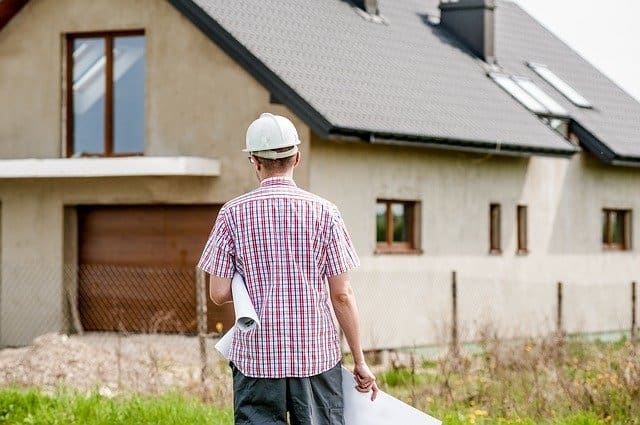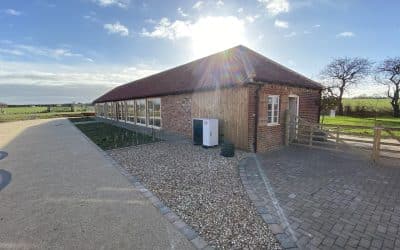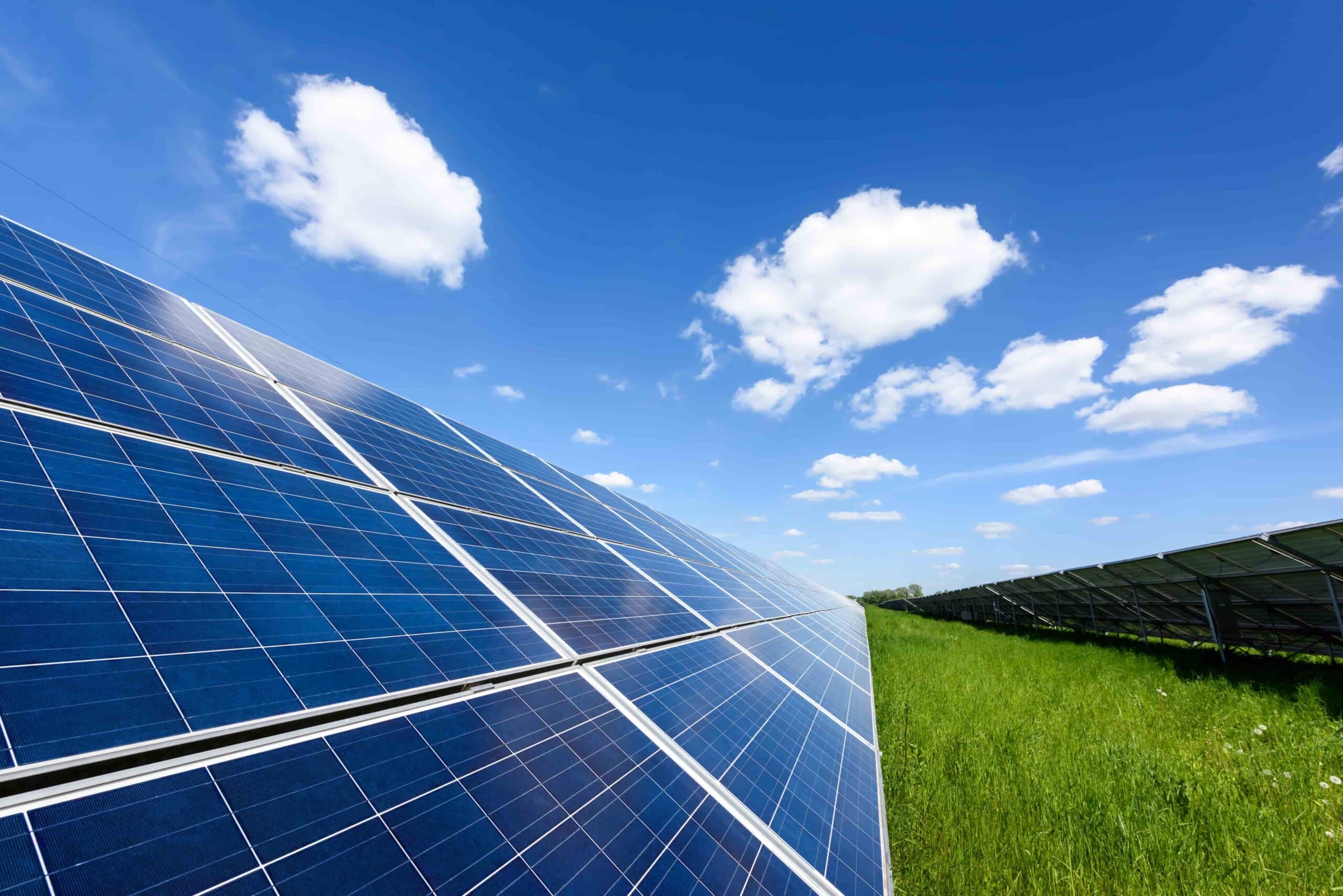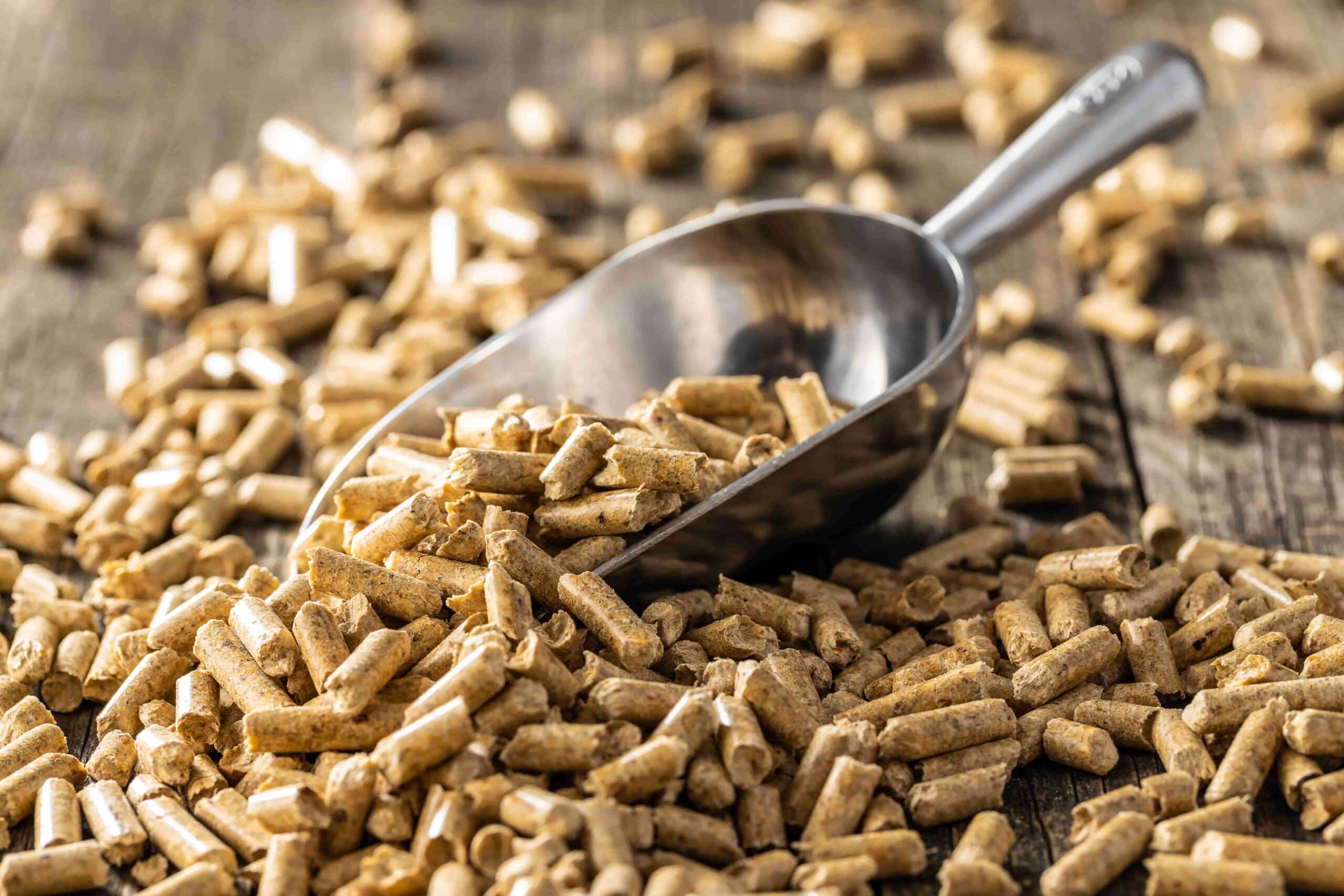Lately, home insulation has gained prominence owing to a multitude of reasons. One of the primary reasons for external wall insulation in homes is to prevent the loss of heat. If the walls of your homes are not insulated, you could be losing as much as 35% extra heat loss. Additionally, air leakage is another consequence of uninsulated external walls where almost 25% of heat loss occurs.
Insulating your home can help avoid the transfer of heat energy from your home which means you will have to pay reduced energy bills. Moreover, the heating system in your home doesn’t have to work extra hard to maintain comfortable living temperatures.
Therefore home insulation, in the long run, is for the best.
In this piece, we’ve discussed the reasons why external wall insulation will be beneficial for you.
Improve Energy Efficiency in Your Home with External Wall Insulation
Air tends to flow from warmer to cooler places until there is no difference in the temperature. With insulation, heat loss can be prevented especially in the colder months by trapping in the warm air in your home. In the same way, heat gains in the summer can be avoided as well. External wall insulation offers resistance to heat flows and acts as a barrier protecting the indoor ambient atmosphere from the outdoor weather conditions. Wall and loft insulation in your home can help reduce air leakage while also reducing your energy bills drastically.
Improve Thermal Comfort
Home insulation will help keep your home cosy and warm in winter and pleasantly cool in the summer. It will help enhance your overall thermal comfort by decreasing the heat loss and cold draft through the roof and the walls of your home. You will be able to maintain a more steady and stable temperature in your home throughout the year thanks to home insulation. Moreover, the central heating system of your homes will consume less energy to maintain comfortable temperatures.
If you’re looking to increase the energy efficiency of your home get your no-obligation free quick quote from us right here!
Reduce the Risk of Mould Growth and Condensation
Mould growth can occur depending on the air temperature and the extent of humidity within your home. Mould growth inside a home not only deteriorates the condition of your house but also affects the indoor air quality and well being of the inhabitants. When you insulate your home, the surface temperature of the walls increases which helps prevent the growth of mould.
The difference between the internal and external temperature of the wall’s surface causes condensation. You can prevent condensation with the help of external wall insulation. The outer coat available for external insulation provides a 100% hydrophobic and waterproof protective layer.
Make Your Construction More Long-lasting
There are a range of insulation and finishes available that are designed specifically to provide a durable and resistant layer on your external walls. With the help of external wall insulation, you can fill up the gaps and cracks in the walls and keep the dampness of the building from seeping in. This will provide continued protection from exposure to rain and cold. External home insulation provides resistance against the harsh elements of the weather as its made up of highly durable materials.
Make Your Home Look Better with External Wall Insulation
The outdoor appearance of your home improves significantly with external insulation, giving it an aesthetic appeal. Whether your home is old or new with classic or contemporary design, external wall insulation will go a long way in providing the necessary protection without compromising your property’s design or style.
Reduce Overall Environmental Impact and Carbon Emissions
Our homes in the UK are responsible for producing 27% of the total greenhouse gases. Reducing the amount of energy consumed for heating and water can help decrease our carbon emissions which can prevent climate change. Less consumption of fossil fuels will help secure a more sustainable environment for future generations.
Moreover, proper loft and cavity wall insulation will help you secure incentives from the government under the RHI scheme. But you must have eligible renewable heating technologies installed in your home to qualify for the subsidies.
At JL Phillips we house a team of professional and experienced air source heat pump fitters who are perfect for the job!
We will conduct property surveys and suggest remedies that will help you do your bit for the environment.
Get in touch with us today to know more!




